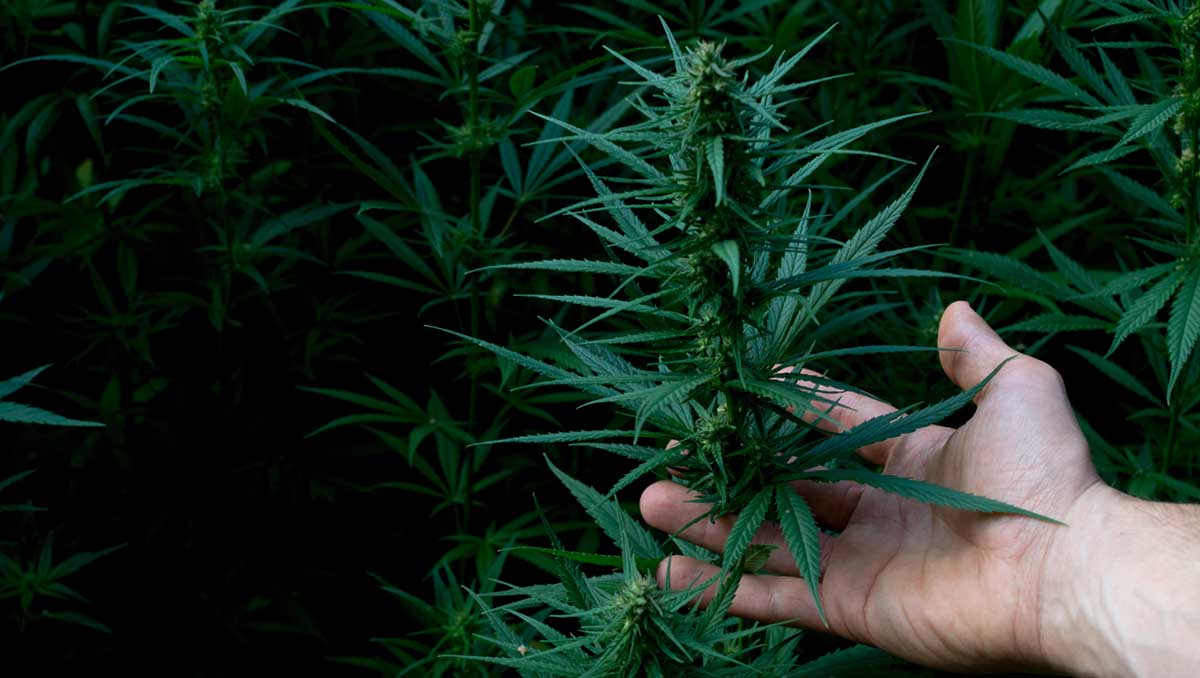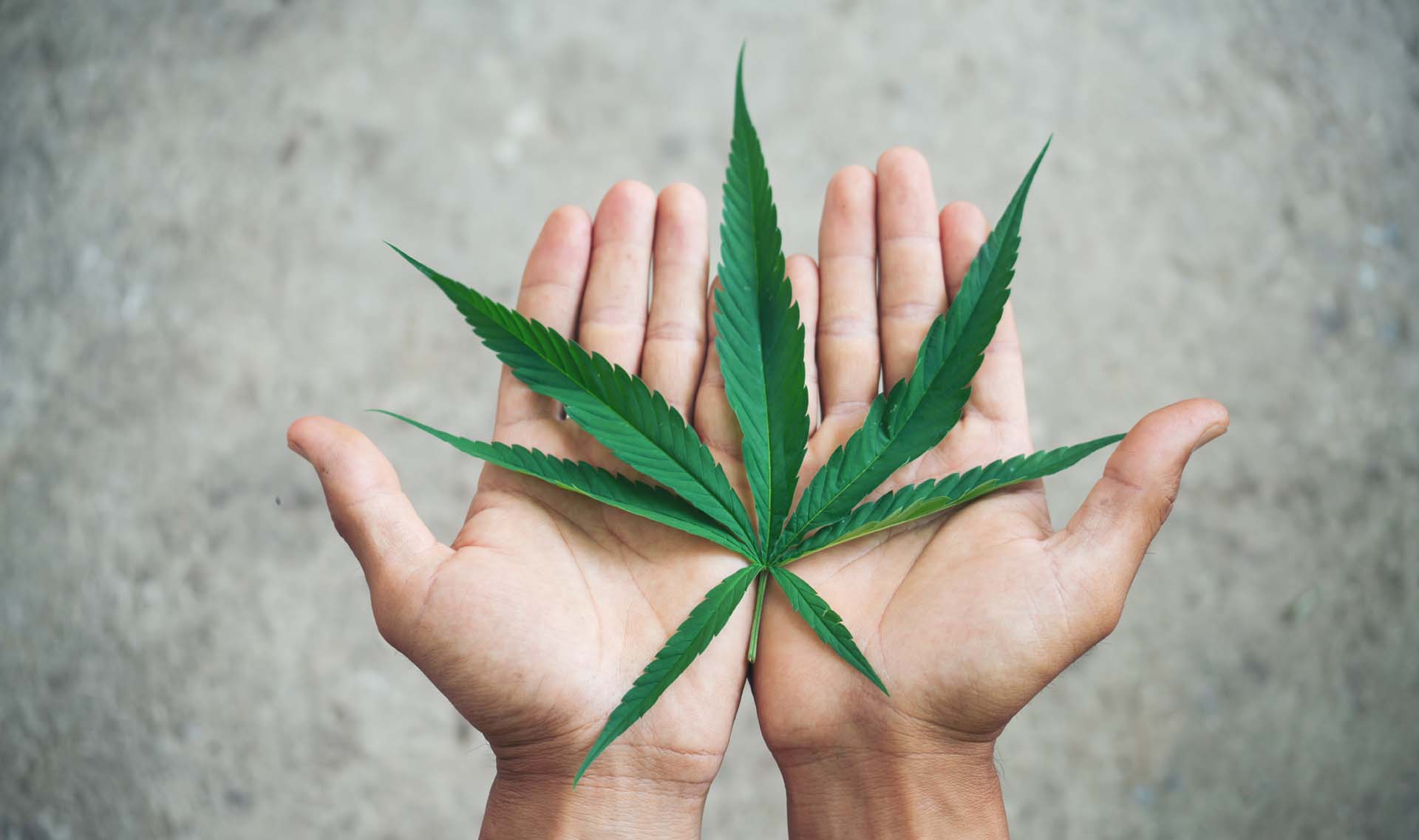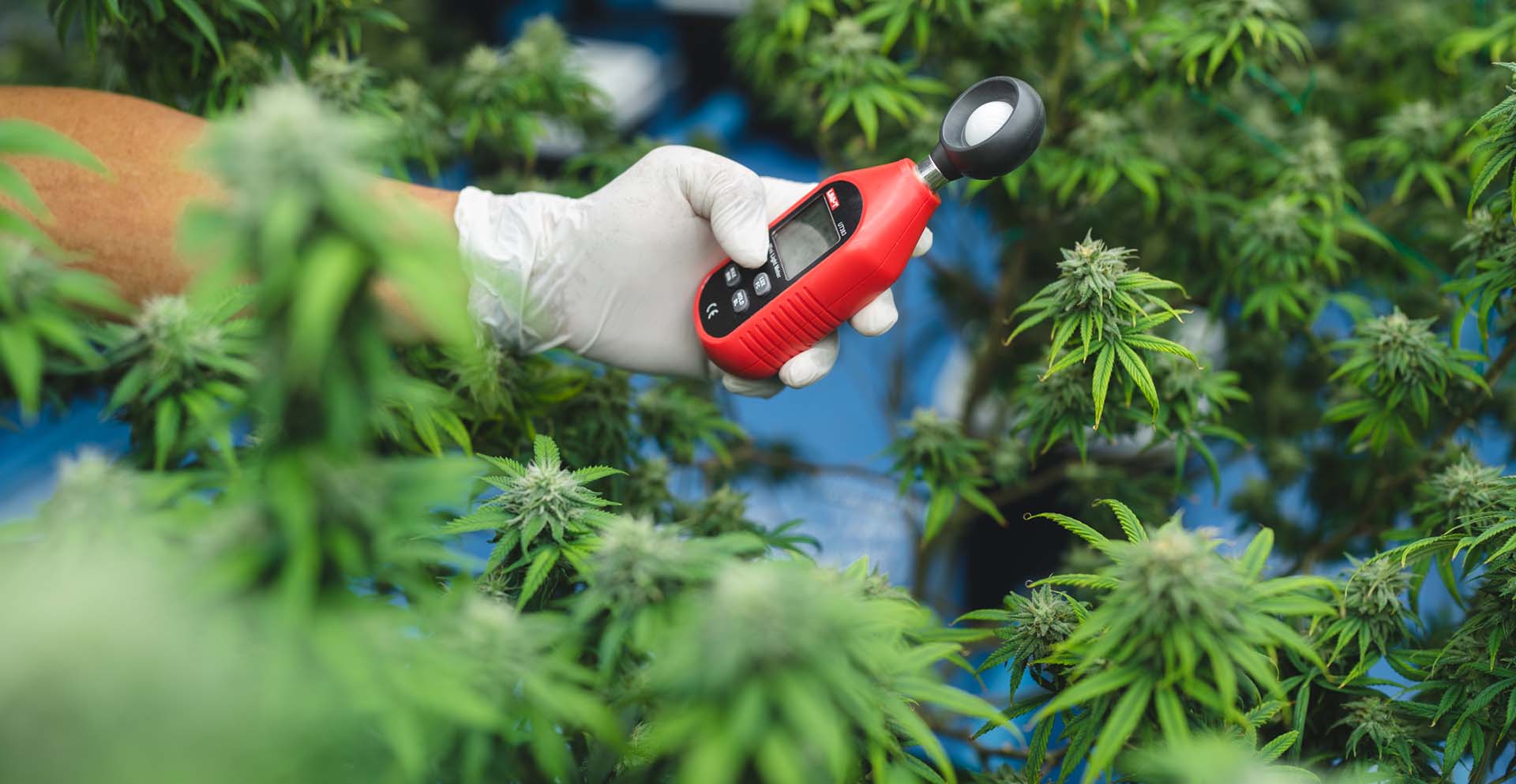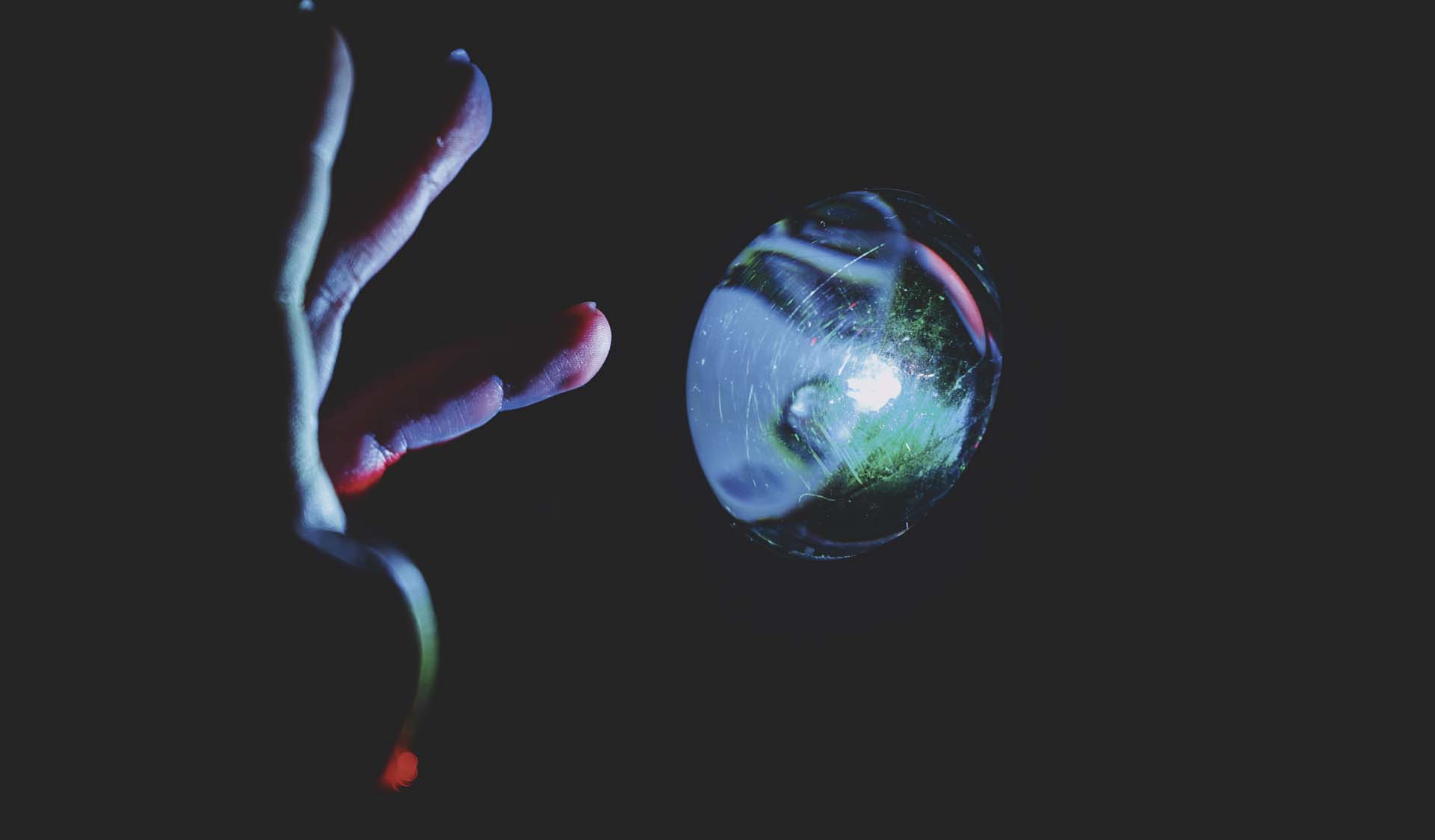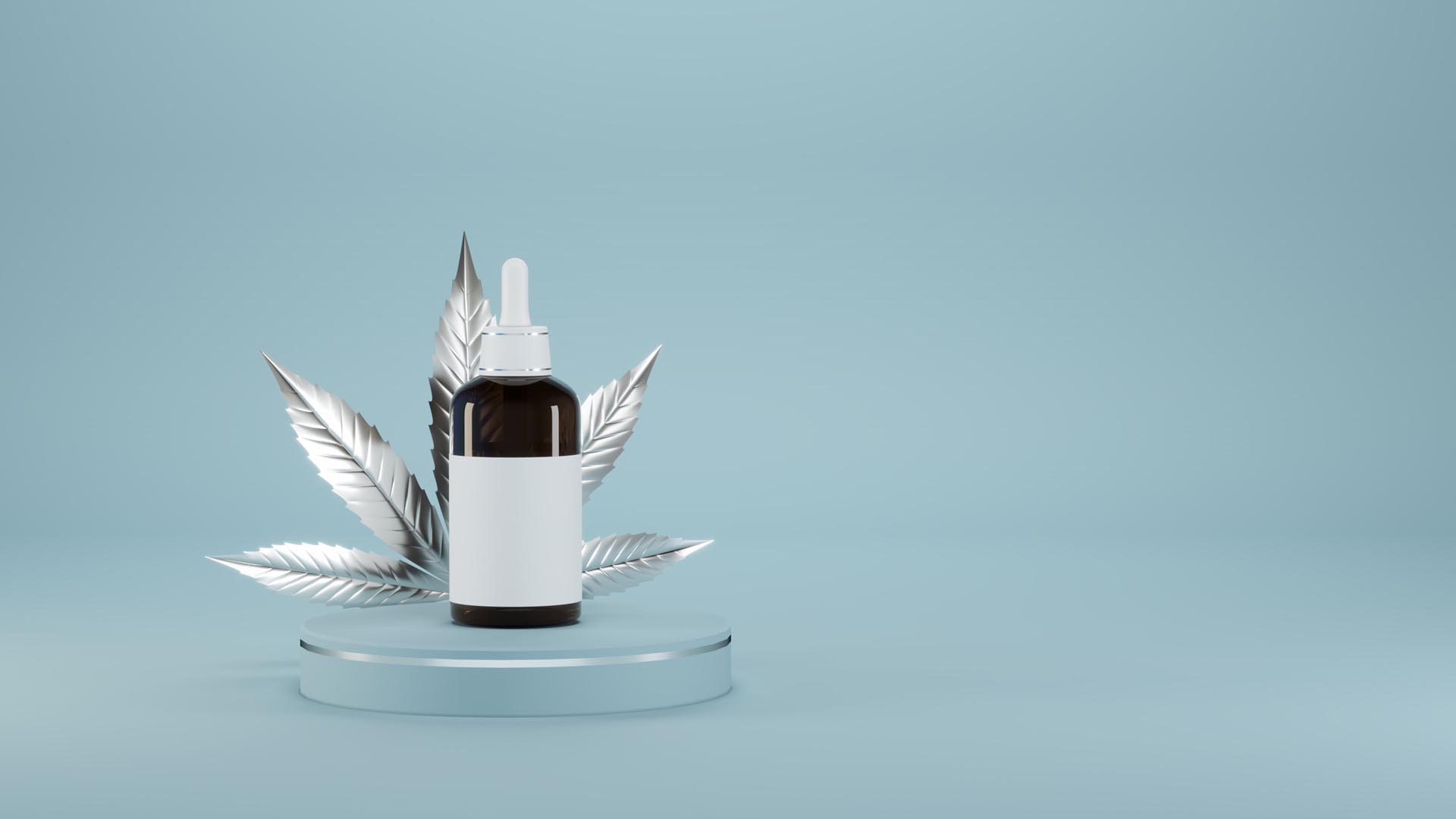Now accepting clients for New York, Maryland, Delaware, and Missouri! Please contact us if you have questions.
Psilocybin Therapy: Unlocking the Potential of Magic Mushrooms and Mental Well-Being
Table of Contents
Have you ever wondered about the potential of magic mushrooms to heal the mind? Psilocybin therapy, a groundbreaking treatment approach, explores the use of psilocybin, a naturally occurring psychedelic compound found in magic mushrooms. This therapy has captured attention for its ability to address various mental health conditions through carefully guided psilocybin sessions.
With its roots in ancient cultures and recent scientific advancements, psilocybin therapy offers an alternative path for those seeking relief from conditions such as depression, anxiety, and addiction. The therapeutic use of psilocybin is being studied extensively as researchers uncover its profound effects on the brain and consciousness. By combining elements of psychotherapy with the unique properties of psilocybin, this emerging field holds promise in transforming mental healthcare.
Understanding the Potential Therapeutic Benefits
Psilocybin therapy holds great promise as a treatment option for various mental health conditions. Research suggests that it can provide positive results in addressing treatment resistant depression, anxiety, addiction, obsessive compulsive disorder, and post traumatic stress disorder (PTSD).
One of the key benefits of psilocybin treatment is its ability to help individuals gain new perspectives on mental illnesses and enhance their emotional well-being. This can be particularly beneficial for those who have struggled with these conditions for an extended period.
The therapeutic benefits of psilocybin therapy may be attributed to its impact on neuroplasticity and serotonin levels. Psilocybin has shown the potential to promote neuroplasticity, allowing the brain to reorganize itself and form new connections. It increases serotonin levels, which are often associated with mood regulation and overall mental well-being.
In clinical trials, participants in the treatment group have reported significant improvements after undergoing psilocybin therapy. The experience has been described as transformative, helping individuals break free from negative thought patterns and facilitating personal growth.
While psilocybin therapy shows promise as a treatment option, it is essential to consider potential adverse effects and drug interactions. Proper screening of participants is necessary to ensure their suitability for this type of therapy.
In conjunction with behavioral therapy, psilocybin therapy offers an alternative approach that targets both psychological and neurological aspects of mental health conditions. By directly interacting with serotonin receptors in the brain, psilocybin produces profound effects that go beyond traditional treatments.
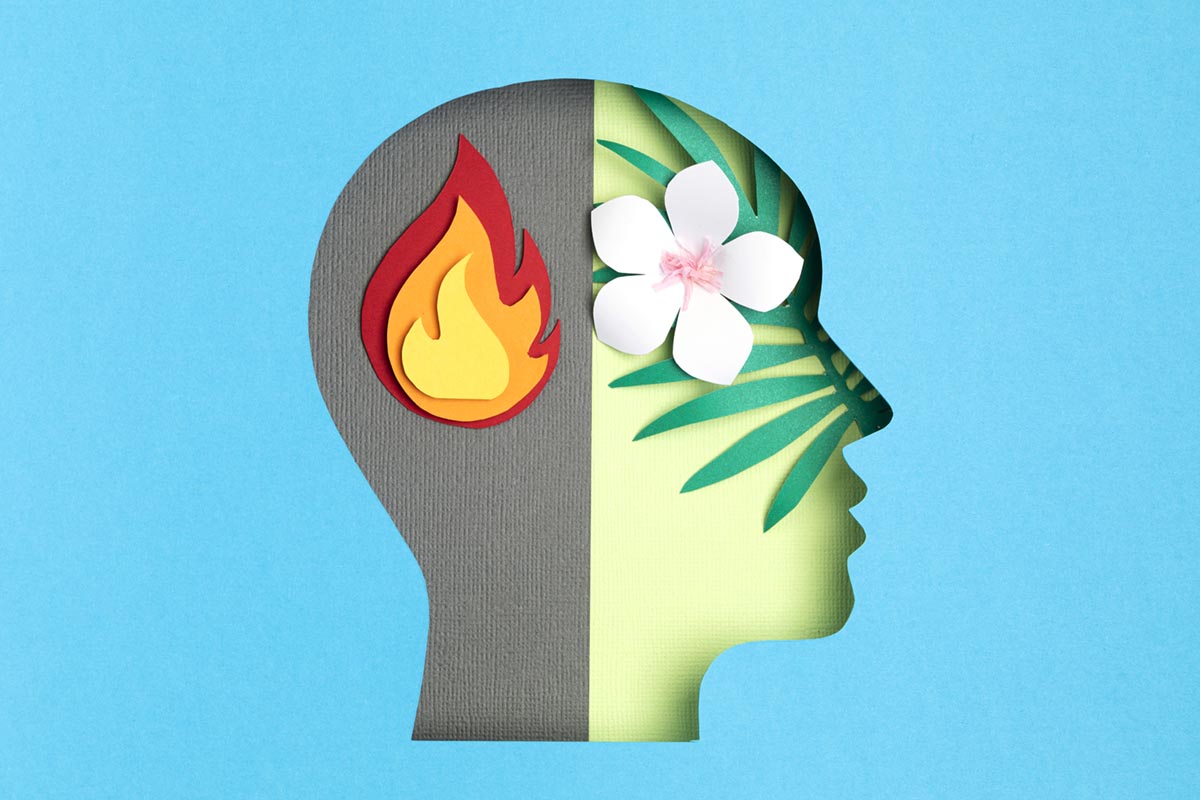
Exploring Psilocybin-Assisted Therapy in Medicine
Psilocybin-assisted therapy is a unique approach to healing and personal growth that involves guided sessions with trained professionals. This emerging field of research explores the potential benefits of using psilocybin, a psychedelic drug found in certain mushrooms, as an adjunctive treatment alongside psychotherapy for various mental health disorders.
The integration of psychedelics into medicine holds promise for transformative experiences and long-lasting positive effects. Researchers at Johns Hopkins Medicine have been at the forefront of psilocybin research, conducting groundbreaking studies on its therapeutic potential. They have found that psilocybin-assisted therapy can be effective in addressing mental health conditions such as depression, anxiety, and substance abuse.
In a psilocybin therapy session, individuals are carefully guided by trained therapists who provide psychological support, and create a safe environment for exploration. The therapists help patients navigate their psychedelic experiences and integrate them into their overall healing process. By combining the use of psilocybin with psychotherapy techniques, this approach aims to facilitate profound insights and personal growth.
Psilocybin-assisted therapy has shown promising results in clinical trials conducted by Johns Hopkins Medicine researchers. Patients who have undergone this therapy have reported significant improvements in their mental well-being and overall quality of life. The therapy has also demonstrated potential benefits for individuals struggling with treatment-resistant depression or substance use disorders.
It is important to note that psilocybin-assisted therapy should only be administered under the supervision of trained professionals in controlled settings due to the nature of psychedelic drugs. Safety precautions are taken to minimize risks such as serotonin syndrome or adverse reactions.
As research continues to unfold, psilocybin-assisted therapy offers hope for those seeking alternative treatments for mental health conditions. With ongoing research studies and advancements in this field, it is becoming increasingly clear that this innovative approach holds great promise for improving lives and expanding our understanding of how psychedelics can be integrated into medicine.
The Science of Magic Mushrooms
Magic mushrooms, also known as psychedelic mushrooms, have gained attention for their potential therapeutic benefits. Understanding the science behind these mushrooms can shed light on their unique properties and how they interact with our bodies.
Psilocybin and Psilocin: Magic mushrooms contain a compound called psilocybin, which is converted into psilocin when ingested. This conversion occurs in our bodies and plays a crucial role in the mushroom’s effects.
Interaction with Serotonin Receptors: Psilocin interacts with serotonin receptors in the brain. Serotonin is a neurotransmitter that regulates mood, emotions, and cognition. By binding to these receptors, psilocin leads to altered states of consciousness and perceptual changes.
Therapeutic Potential: Studying the science behind magic mushrooms helps us uncover their therapeutic potential. Researchers are exploring how psilocybin therapy can be used to treat various mental health conditions like depression, anxiety, and addiction.
Expert Studies: Experts from universities and research institutions are conducting studies to understand the effects of magic mushrooms on the brain and its potential benefits. These studies involve administering controlled doses of psilocybin to participants while monitoring their experiences.
Exploring Consciousness: Magic mushrooms offer a unique opportunity to explore consciousness and expand our understanding of the human mind. They have been used for centuries in spiritual practices by different cultures around the world.
By delving into the science behind magic mushrooms, researchers aim to unlock their therapeutic potential for improving mental health conditions such as depression and addiction. Through expert studies and exploration of psychedelic and consciousness research, we continue to learn more about these fascinating fungi’s effects on our brains and overall well-being.

Long-Term Effectiveness for Major Depression
Clinical trials have demonstrated the potential of psilocybin therapy in treating major depression. Not only does it show immediate effectiveness in reducing depressive symptoms, but it also offers long-lasting benefits that extend beyond the acute experience.
Long-term follow-up studies have revealed sustained improvements in mood and quality of life among individuals who underwent psilocybin-assisted therapy. These findings indicate that this innovative treatment approach holds promise for providing significant relief from major depression.
The antidepressant effects of psilocybin therapy have been observed in individuals with treatment-resistant depression as well. Even those who had previously failed to respond to conventional treatments experienced a significant decrease in depressive symptoms after undergoing psilocybin therapy.
Psilocybin, the active compound found in certain species of mushrooms, interacts with serotonin receptors in the brain. By modulating serotonin levels, it can help regulate mood and alleviate symptoms associated with various mental health disorders, including major depression and bipolar disorder.
In clinical trials, participants receiving a single dose of psilocybin reported significant reductions in depressive symptoms within weeks. Moreover, these positive effects persisted for months and even years after the initial treatment.
Psilocybin therapy has shown promise not only as a treatment for major depression but also as an adjunct therapy for other conditions. Research suggests its potential efficacy in smoking cessation and addiction treatment.
To summarize, psilocybin therapy has emerged as an innovative approach to address major depression and related mood disorders. Its ability to provide immediate relief while also offering long-term benefits makes it a compelling option for those seeking alternative treatments. Further research is needed to fully understand its mechanisms of action and optimize its therapeutic potential.
Session Overview and Benefits of Psilocybin Therapy
Psilocybin therapy sessions consist of three main phases: a preparatory phase, guided psychedelic experience, and integration period. These sessions offer individuals a safe and supportive environment to delve into their consciousness and emotions.
During the preparatory phase, therapists work closely with clients to establish trust and set intentions for the session. They provide information about what to expect during the guided psychedelic experience, ensuring that clients feel prepared and comfortable.
The guided psychedelic experience is the centerpiece of psilocybin therapy sessions. Clients are administered a carefully measured dose of psilocybin in a controlled setting. Therapists facilitate the session, offering guidance and support as individuals navigate their inner experiences. This immersive journey allows clients to gain insights into themselves, their relationships, and their lives.
Following the guided psychedelic experience, there is an integration period where clients process their insights and experiences with the help of therapists. This phase aims to help individuals integrate newfound understanding into their daily lives. Therapists may provide tools, techniques, or resources to support this process.
Psilocybin therapy sessions have shown numerous benefits for participants. Some potential advantages include:
Enhanced self-awareness: Psilocybin can stimulate introspection and self-reflection, allowing individuals to gain deeper insights into their thoughts, behaviors, and patterns.
Increased empathy: The psychedelic experience has been linked to heightened empathy towards oneself and others, fostering compassion and understanding.
Improved mood: Psilocybin has shown promise in alleviating symptoms of depression, anxiety, and other mood disorders by promoting neuroplasticity and facilitating emotional healing.
Personal growth: Through profound experiences during therapy sessions, individuals may undergo transformative changes that lead to personal growth in various aspects of life.
Psilocybin therapy combines supportive psychotherapy with the unique properties of psilocybin to create a therapeutic approach that holds immense potential for mental and emotional healing.
Other Safety Concerns to Keep in Mind
Psilocybin therapy, like any form of treatment, requires careful consideration of safety concerns. Here are some important points to keep in mind:
Professional supervision is crucial: Psilocybin therapy should always be conducted under the guidance and supervision of trained professionals. This ensures that safety measures are in place and potential risks are minimized.
Higher risk for certain individuals: Individuals with a family history of psychosis or specific psychiatric disorders may be at a higher risk when using psilocybin. Proper screening procedures must be implemented to identify those who may not be suitable candidates for this type of therapy.
Screening for suitability: It is essential to have proper screening processes in place before initiating psilocybin therapy. These screenings help determine whether an individual is a suitable candidate or if alternative treatments should be considered.
Addressing safety concerns: While psilocybin therapy can offer significant benefits, it is crucial to address safety concerns proactively. This includes monitoring for any potential side effects or adverse events during treatment.
Ensuring accessibility: Access to psilocybin therapy should be made available to those who can benefit from it while ensuring appropriate safeguards are in place. This allows individuals with specific needs, such as anxiety or other mental health conditions, to explore this therapeutic option if deemed appropriate by healthcare professionals.
Awareness of secondary measures: In addition to professional supervision, it is important to consider secondary measures that can enhance the safety of psilocybin therapy. These may include providing support systems and resources for patients throughout their treatment journey.
Psilocybin therapy has shown promise in assisting many people on their path towards healing and personal growth. However, it is essential to approach its use responsibly and prioritize the well-being of individuals seeking this form of treatment. By following these guidelines and addressing the identified safety concerns, we can ensure that psilocybin therapy is utilized in a safe and effective manner.
Pharmacology and Legal Status of Psilocybin
Psilocybin, a compound found in psychedelic substances like magic mushrooms, has gained attention for its potential therapeutic benefits. However, it is important to understand its pharmacology and legal status.
Psilocybin is classified as a Schedule I substance in many countries, including the United States. This classification indicates that it is considered to have a high potential for abuse and no recognized medical use.
The pharmacological effects of psilocybin are primarily mediated through serotonin receptors in the brain. When consumed, psilocybin is metabolized into psilocin, which binds to these receptors and produces hallucinogenic effects.
Ongoing efforts are being made to reevaluate the legal status of psilocybin based on emerging research supporting its therapeutic potential. Studies have shown promising results in using psilocybin therapy for treating mental health conditions such as depression, anxiety, and addiction.
While psilocybin remains illegal in many states and countries, there is growing recognition of its potential benefits. Researchers are exploring ways to harness its therapeutic properties while ensuring safe usage.

Availability and Milestones in Psychedelic Treatment Research
In recent years, there has been a remarkable resurgence of interest in psychedelic research, leading to significant advancements in the availability of psilocybin for clinical trials. This exciting progress has opened up new possibilities for exploring the potential benefits of psilocybin therapy.
One important milestone worth mentioning is the FDA’s breakthrough therapy designation for psilocybin-assisted therapy in treating depression. This designation acknowledges the promising results observed in early clinical trials and highlights the potential of this novel approach. It represents a significant step forward in recognizing the therapeutic value of psilocybin and its potential to address mental health challenges.
The expanding field of psychedelic research holds great promise for advancing mental health treatment options. Researchers at Johns Hopkins University have played a pivotal role in this movement, conducting groundbreaking studies on psilocybin’s effects on consciousness and well-being. Their work has shed light on the profound experiences that can result from carefully guided psychedelic sessions, offering hope to individuals struggling with various mental health conditions.
Clinical trials involving psilocybin continue to yield encouraging results across different areas of research. Scientists are not only investigating its efficacy as a treatment for depression but also exploring its potential applications in addressing anxiety disorders, addiction, and even end-of-life distress. These trials provide valuable insights into the therapeutic mechanisms underlying psilocybin’s effects and help pave the way for further investigation and future advancements.
As researchers delve deeper into understanding how psilocybin works within our brains, they are also exploring biological markers that may contribute to its therapeutic benefits. By identifying these markers, scientists aim to develop more targeted treatments that maximize positive outcomes while minimizing adverse effects.
Conclusion
Psilocybin therapy offers promising potential as a therapeutic approach for various mental health conditions. With its ability to facilitate profound experiences and promote emotional healing, this psychedelic treatment has garnered significant attention in recent years.
Through psilocybin-assisted therapy, individuals can explore the depths of their consciousness and gain new insights into their thoughts, emotions, and behaviors. This unique approach has shown promise in the treatment of major depression, providing long-term effectiveness for those who have not responded well to conventional treatments.
While psilocybin therapy holds great promise, it is important to consider safety considerations. Individuals with heart problems should exercise caution when engaging in this form of therapy due to potential risks. It is crucial to be aware of other safety concerns associated with psilocybin use.
The science behind magic mushrooms and their pharmacology further supports the potential benefits of psilocybin therapy. Ongoing research efforts continue to shed light on the mechanisms by which these substances affect the brain and provide therapeutic effects.
As interest in plant medicine grows, psychedelic resource centers have helped raise awareness about the benefits of psilocybin therapy. Such discussions have sparked conversations and increased public understanding about alternative treatment options for mental health conditions.
With milestones being achieved in psychedelic treatment research, availability of psilocybin therapy is expected to increase over time. It is crucial for individuals seeking alternative treatments to stay informed about legal developments surrounding these substances.
In conclusion, psilocybin therapy presents an exciting avenue for mental health treatment. By harnessing the power of psychedelics under professional guidance, individuals may find relief from debilitating conditions while gaining valuable insights into themselves. As research progresses and legal barriers are addressed, more people will have access to this potentially life-changing form of therapy.
FAQs
Is psilocybin therapy safe?
Psilocybin therapy should only be conducted under professional supervision to ensure safety. It is important to follow guidelines and consider any potential risks, especially for individuals with pre-existing medical conditions.
How long does the therapeutic effect of psilocybin last?
The therapeutic effects of psilocybin can vary from person to person. However, studies have shown that a single session can have long-lasting positive effects on mental health, even months after the experience.
Can psilocybin therapy be used as a standalone treatment?
Psilocybin therapy is typically used as part of a comprehensive treatment plan that may include therapy sessions before and after the psychedelic experience. It is not intended to replace other forms of treatment but rather complement them.
Are there any legal restrictions on psilocybin therapy?
The legal status of psilocybin varies across jurisdictions. It is important to stay informed about local laws and regulations regarding its use for therapeutic purposes.
How can I find a qualified professional who offers psilocybin therapy?
To find a qualified professional who offers psilocybin therapy, it is recommended to research reputable clinics or organizations that specialize in psychedelic-assisted treatments. Consulting with mental health professionals or seeking referrals may also be helpful in finding appropriate resources.
Are You Prepared For The Psilocybin Industry?
PsyCann's team of psilocybin consultants can help. Contact us today to get started on your journey.
More To Explore






